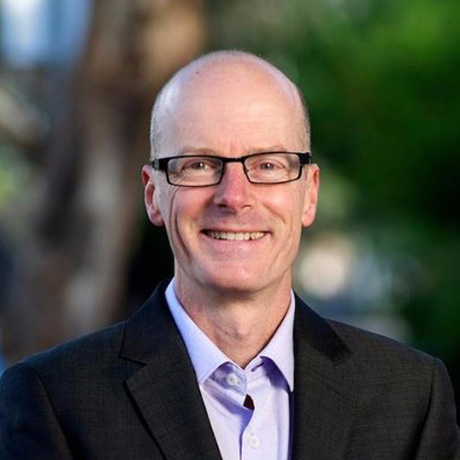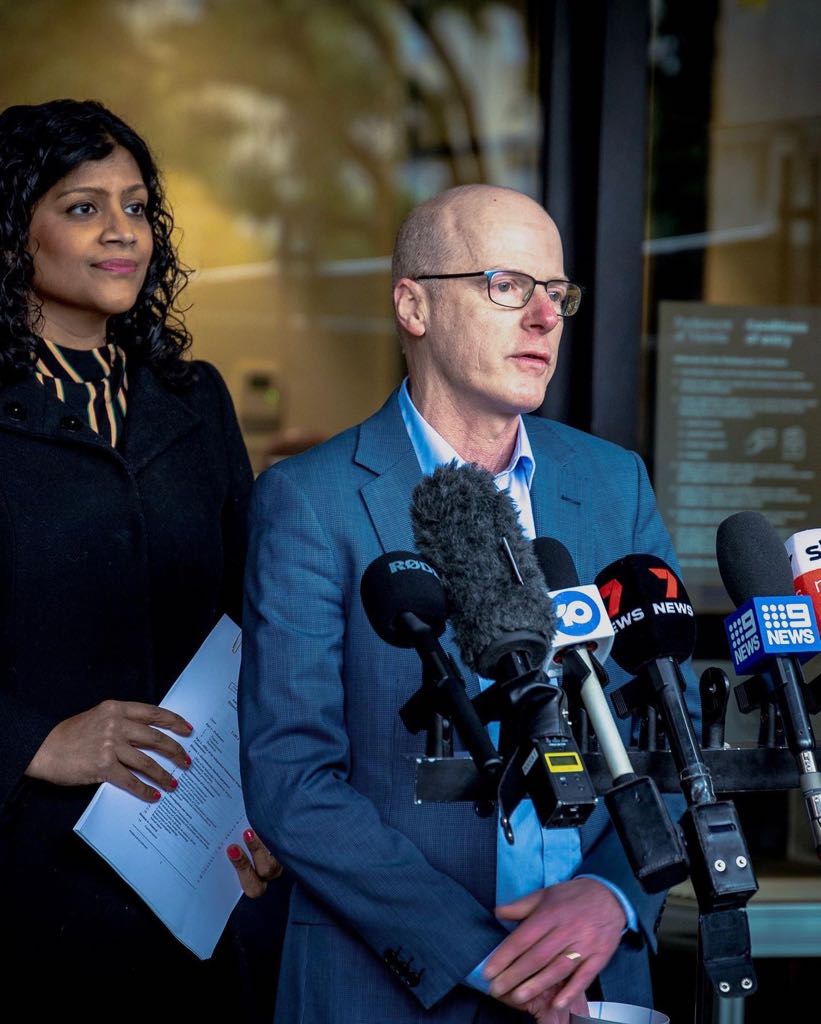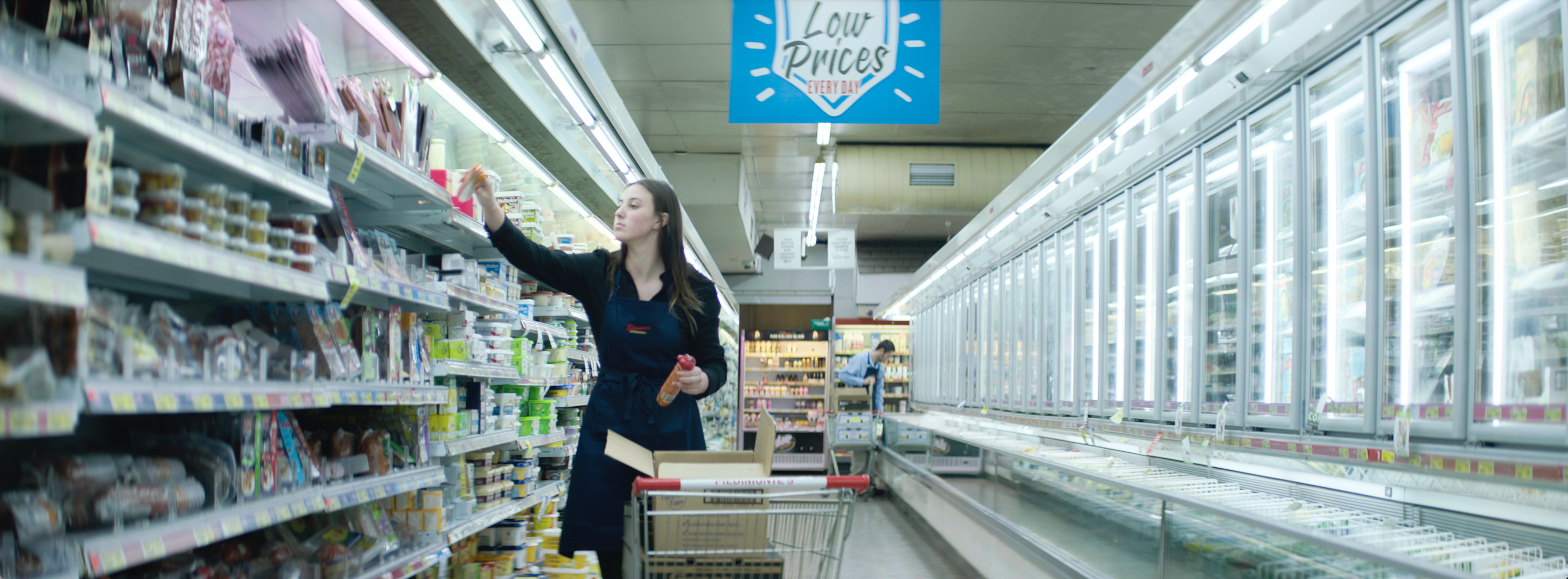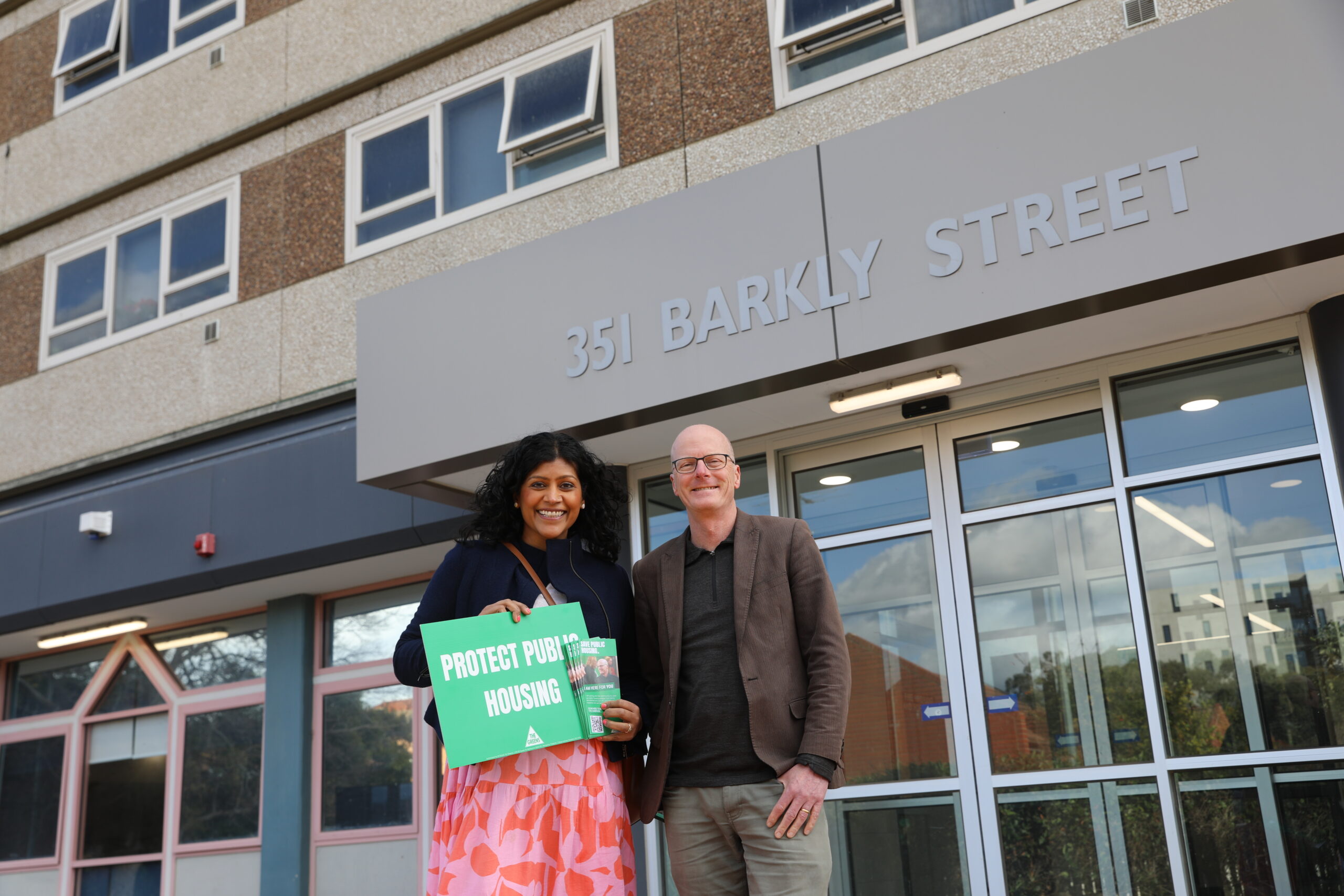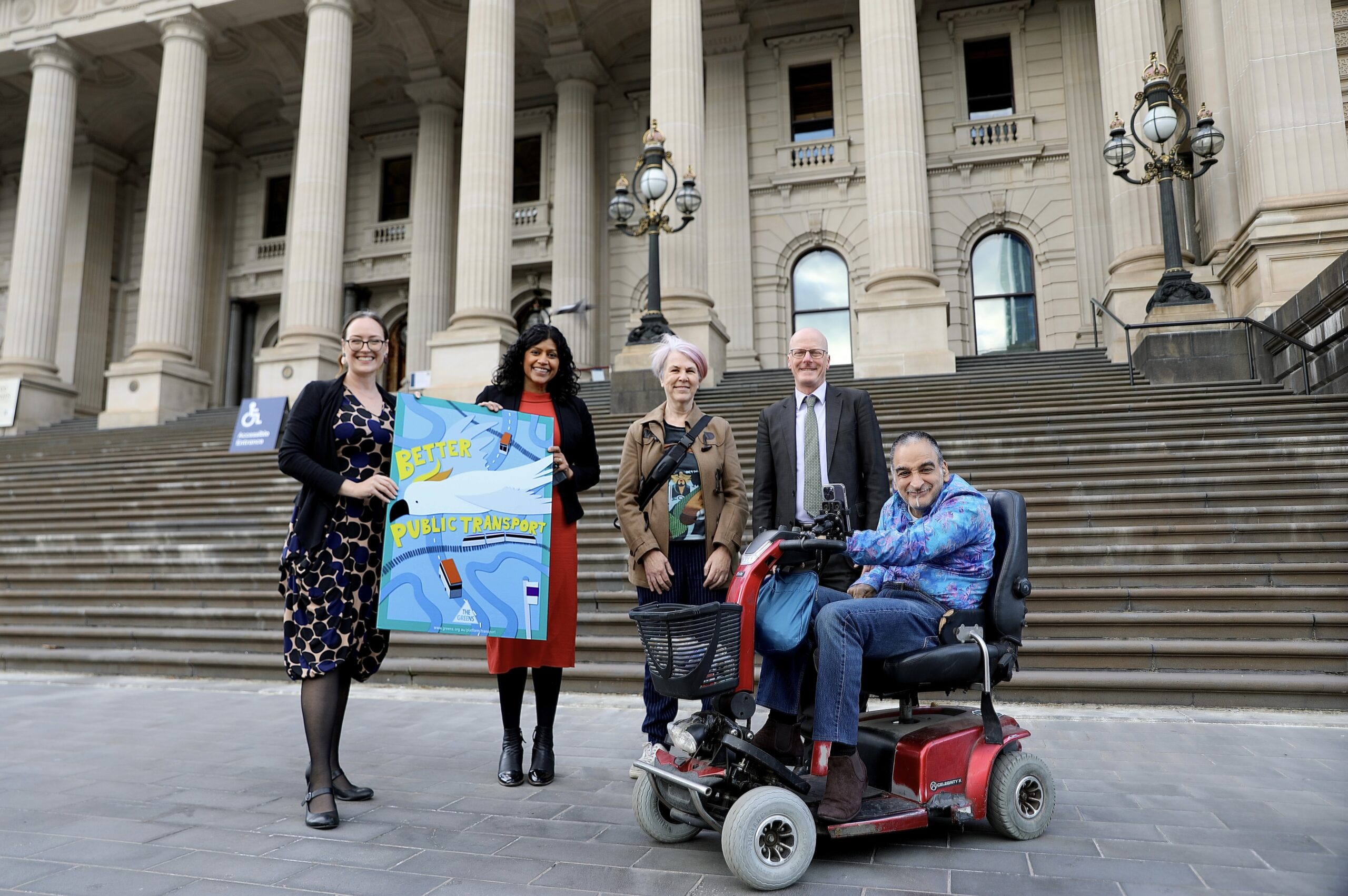When I knew Liam* a few years ago, he was a dairy farmer on the outskirts of Melbourne. Liam would tell me of his dream, to sell his farm to a developer who had knocked on his door one night. He would pocket the millions and retire to a country town.
There’s no money in dairy farming, Liam would declare, watching approvingly as the suburbs crept toward his hayshed. And I would silently hope that someone would decide that we should keep Liam’s fertile green paddocks for food production.
Developers and landbankers are always looking for farmland to transform into suburbia with resulting windfall profits.
And Victoria’s Independent Broad-based Anti-Corruption Commission (IBAC) has just shown us how far some developers will go in their efforts to influence decision makers in local and state government. IBAC’s findings into dealings between a property developer, John Woodman, Victorian Government MPs and councillors of the City of Casey on Melbourne’s south-eastern boundary, are disturbing reading for anyone hoping to find integrity in either tier of government. Woodman showered them all with money.
IBAC recommends removing statutory planning from councils and getting planning professionals or “panels” to make those decisions, and that will remove much of the corruption problem from local government. But unless our integrity regime is strengthened, the corruption will only move elsewhere.
After all, several Labor MPs took money for their campaign funds and Woodman donated almost a million dollars to the Labor and Liberal parties over a decade, allowing him to build relationships with ministers and even have lunch with the Premier.
So a key question to ask is why do politicians take donations from people who stand to benefit from government decisions? While clearly some at Casey were corrupted for their own personal gain, another major reason is the cost of running election campaigns.
Election campaigns are like an arms race. If your opponent has placards, you need to buy them too. If your opponent is running digital ads, you’ll want to as well. And it all costs money, making getting elected an expensive business.
The importance of election financing as a driver of corruption was illustrated by another IBAC report this year, into former state Labor minister, Theo Theophanous. He arranged for a development company to pay thousands towards his daughter’s election campaign for the seat of N
orthcote, by leveraging his position on the board of the Melbourne Planning Authority.
Most other states and many other countries have campaign spending caps that help curb this demand for funds. But not Victoria. And the current State Government and Opposition don’t seem too keen, probably because both sides have exclusive access to millions of dollars of uncapped donations from established funds known as ‘nominated entities’ under the current rules.
But spending caps take the heat out of the campaign arms race by limiting what you can spend and reducing the desire of campaigners to raise as much money as they can.
Victoria should cap election campaign spending, close the loopholes in donation laws and make them apply to councillors, not just state MPs. And banning donations from property developers or gambling interests to councillors and MPs is a no-brainer.
But we should also ask ourselves, what other industries are lobbying and paying councillors, candidates, MPs and Ministers? Are gas or gambling companies doing this? What about the alcohol and junk food industries?
In Queensland and New South Wales, you can see what corporations and which lobbyists have been meeting with state ministers, but not in Victoria. Here too, we need an “open diary” law so we can see who is trying to influence our State Government.
Moving planning powers from councils will move the bribery elsewhere, but won’t eliminate it without more integrity reforms. And if we keep allowing uncapped spending to fuel the election campaign arms race, politicians will continue to try and outspend their competitors. So wherever regulation stands in the way of profit, like turning dairy farms into suburbs, politicians will be tempted to milk the donors for whatever they can give.
*Not his real name.
